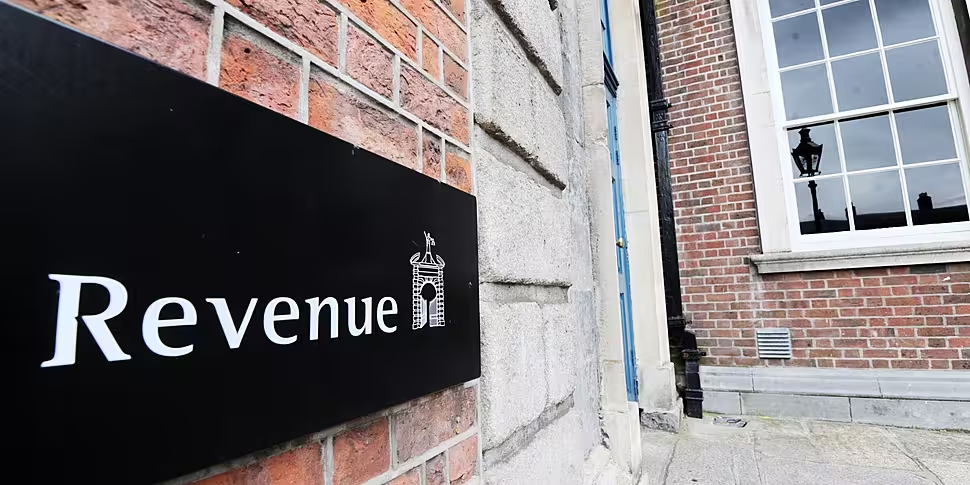There’s a warning that the Government could face a “very difficult choice” on how to handle the tax debt owed by small and medium-sized businesses in the future.
Currently, many SMEs are availing of Revenue’s Debt Warehousing scheme, which has been put in place to support businesses during the easing of restrictions.
Under the scheme, businesses have been able to “warehouse” their VAT and PAYE (Employer) liabilities and any wage subsidy overpayments during the initial reopening period.
From September 1st, the debts in question will remain ‘parked’ on an interest-free basis for one year - meaning the businesses will be able to continue trading without having to immediately pay their debt.
After that 12 month period, businesses will be required to reach a payment agreement with Revenue about the tax debt.
Revenue has said the scheme "gives viable businesses the opportunity to survive the economic shock of the pandemic and to hopefully thrive as the economy recovers".
However, Ciaran Hancock, Business Editor of the Irish Times, told Down to Business there is a concern that we’ll suddenly see a lot of businesses in financial trouble once the scheme ends.
However, he said it’s simply too early to know how it will play out in late 2022 / early 2023 and beyond.
He explained: “If we take the debt warehousing scheme, over 86,000 companies have availed of it… the latest Revenue figure is €2.4 billion.
“So it’s a huge amount of money that’s going to have to be repaid at some point in the future.
“Once the interest-free period is over, you either repay the money or beginning paying interest of 3%. [That] won’t be long coming around.”
Rough calculations show that companies availing of the scheme owe an average of around €28,000.
Ciaran said that’s a lot of money for a small, Irish-based SME - particularly amid continuing capacity restrictions and limited tourism.
He observed: “You’re really going to find it difficult to find €28,000 over and above the day-to-day expenses.
“Some of those companies probably won’t survive - so they won’t be able to repay the debt. A lot of them will… hopefully most of them will.
“But I think there will be a difficulty for a lot of companies, and the Government is going to face a very difficult choice as to what to do. Do they keep them on the drip, repaying this money at a small interest rate or interest free? Does [the debt] get written off? Or do they come heavy with these businesses - Revenue [gives them a timeline] and forces them to pay?”
In the meantime, the current scheme has certainly given businesses cash flow and liquidity at a very difficult time.
However, any problems and complications will arise when it comes to repayment in 2022 or 2023.









